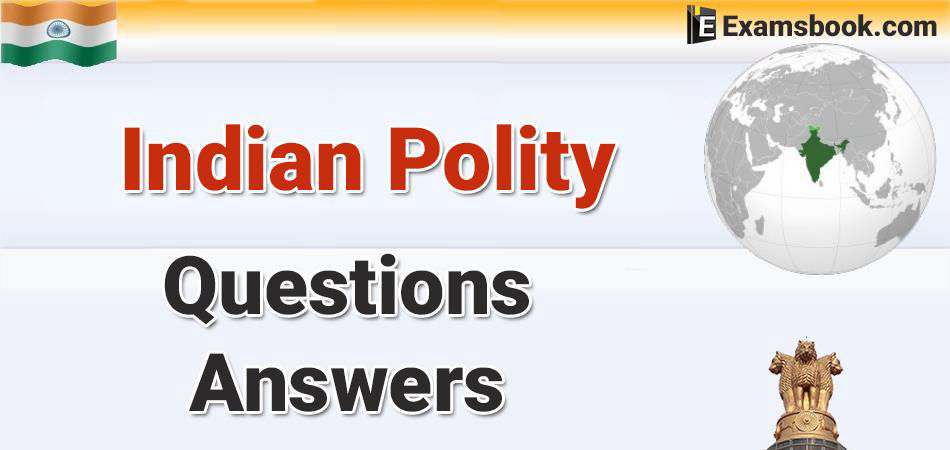Indian Polity Questions for Competitive Exam

What is the fixed member number of Rajya Sabha?
(A) 220
(B) 230
(C) 210
(D) 250
Correct Answer : D
(A) President
(B) Prime Minister
(C) Cabinet Secretary
(D) Speaker of the Lok Sabha
Correct Answer : B
Explanation :
Answer: B) Prime Minister Explanation: The rank of the different ministers is determined by the Prime Minister, according to whose advice the President appoints the Ministers [ Art 75(1) ] and also allocates business among them [ Art 77 ].
(A) Art-24B
(B) Art-23
(C) Art-22
(D) Art-21A
Correct Answer : C
Explanation :
Answer: C) Art-22 Explanation: Article-22 :: Protection against arrest and detention. No person who is arrested shall be detained in custody without being informed of the grounds for such arrest nor shall he be denied the right to consult and to be defended by a legal Practioner of his choice.
Which article of the Indian Constitution provides for the Election Commission?
(A) Article 321
(B) Article 322
(C) Article 223
(D) Article 324
Correct Answer : D
How does the Constitution of India describe India as?
(A) A federation of States and Union Territories
(B) A Union of States
(C) Bharat varsh
(D) A federated nation
Correct Answer : B
Explanation :
The Constitution of India describes India as the Union of States. It is because our Constitution delegates powers to both Centre as well as State, yet more power lies with the Centre. After independence, India, as it is now, was formed by the decision of the princely states, who decided to join India.
Who is the Highest Law Officer in India?
(A) Attorney General
(B) Advocate General
(C) Solicitor General
(D) Secretary General Law Department
Correct Answer : A
Explanation :
Attorney General is the highest law officer in India. Article 76 of the Indian Constitution under its Part-V deals with the position of Attorney General of India.
Britain prime minister in time of independent India?
(A) Clement Richard Attlee
(B) Winston Churchill
(C) Robert Walpole
(D) Margaret Thatcher
Correct Answer : A
Explanation :
Clement Richard Attlee was the British Prime Minister at the time of independent India. He was the Prime Minister when India gained independence from British rule in 1947.
Financial Emergency comes under which article?
(A) Art 352
(B) Art 356
(C) Art 360
(D) None of these
Correct Answer : C
Explanation :
The Financial Emergency comes under Article 360 of the Indian Constitution.
Indus water treaty 1960 is an agreement between India and _____.
(A) Bangladesh
(B) Pakistan
(C) China
(D) Nepal
Correct Answer : B
Explanation :
The Indus Waters Treaty of 1960 is an agreement between India and Pakistan.
Who among the following is also known as " Gandhi of Bihar " ?
(A) Dr. Rajendra Prasad
(B) Babu Kunwar Singh
(C) Jayaprakash Narayan
(D) None of these
Correct Answer : A
Explanation :
In 1950 when India became a republic, Rajendra Prasad was elected as its first president by the Constituent Assembly. He was known as Gandhi of Bihar. He wrote a book named "Mahatma Gandhi and Bihar, Some Reminiscences".



